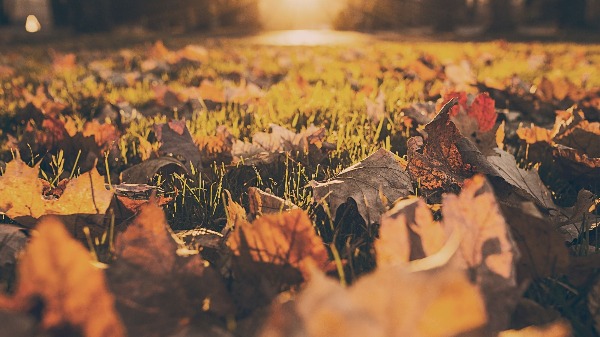The dominant feature in most suburban landscapes is the lawn. Open space for kids and pets to play is great, but lawns take an enormous amount of work to maintain with weekly mowing, annual fertilization, and frequent reseeding, while requiring generous amounts of water to maintain their green appearance in the warmer months. Additionally, the use of chemicals and pesticides to control weeds and insects creates an ecological desert that does not support any wildlife, and results in harmful runoff for local bodies of water.
Sustainable landscaping will reduce Concord’s vulnerability to extreme weather events and drought by reducing stress on our water supply, enhancing groundwater recharge, filtering out contaminants, mitigating flash flooding, improving health of local waterways, and increasing carbon local sequestration potential.
Sustainable landscaping is a win-win solution for our community and our natural resources.
- Increased biodiversity
- Reduced water demand
- Increased resiliency to climate change
- Reduced maintenance needs
- Carbon sequestration potential
- Increased groundwater recharge
- Many, many more!
Kate Hanley, Concord’s Director of Sustainability,and Melissa Simoncini, Sr. Environmental and Regulatory Coordinator in the Water and Sewer Department have designed a helpful, resource laden Sustainable Concord Landscape Handbook that shows how to create, install, and care for our landscapes in a way that conserves water, takes the changing climate into account, and promotes the health of native species. To understand the importance of healthy landscapes to our well-being, take a look at this video by Douglas Tallamy, a leading researcher on the importance of sustainable landscaping.
Redesigning an entire suburban garden can be a daunting proposition, but you don’t have to do everything at once. Try one or two of the following suggestions!


